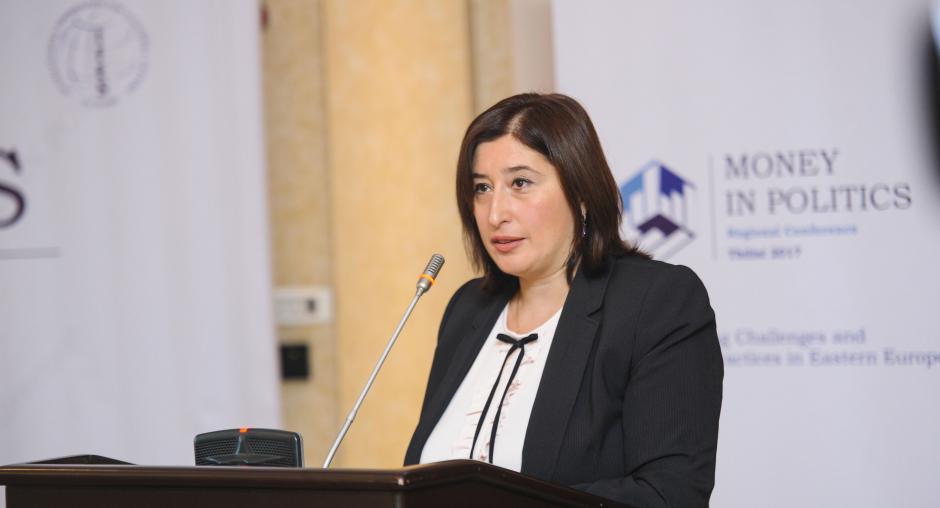Regional conference co-organized by OSCE/ODIHR in Tbilisi focuses on effective regulation of money in politics

Some 80 participants from more than 20 countries, including state officials, civil society representatives, international experts and academics, shared good practices and debated practical steps to improve political finance regulations in Eastern and Central Europe during a regional conference co-organized by the OSCE Office for Democratic Institutions and Human Rights (ODIHR) on 19 and 20 June 2017 in Tbilisi.
“While democracy has no price, it does have an operating cost,” said Marcin Walecki, Head of the ODIHR Democratization Department. “For this reason, the role of money in politics needs to be effectively regulated and monitored to ensure a level playing field for political parties and to guarantee that all candidates – women and men – can compete on an equal footing.”
The event was held in partnership with the State Audit Office of Georgia, the Council of Europe, Transparency International – Georgia, the International Institute for Democracy and Electoral Assistance (IDEA), the International Foundation for Electoral Systems (IFES) and the Netherlands Institute for Multiparty Democracy (NIMD). The topics discussed included the introduction of new methods for electronic reporting, the advancement of women’s political participation through financial measures, the monitoring of the use (or abuse) of state resources, and the monitoring of political finance income and expenditures.
“It is central to a democratic system that political parties and candidates are accountable to the citizens,” said Lasha Tordia, General Auditor at the State Audit Office of Georgia. “Increasing transparency of party funding and effective enforcement of the relevant regulations can protect our political systems from being captured by money and preserve the integrity of elected officials.”
The conference also marked the start of a discussion on creating a regional peer network for regulators of political party financing, to increase their collaboration across national borders and to move from a policy-based discussion to a practice-based approach, where new laws and practices are introduced based on their proven effectiveness in other contexts.
